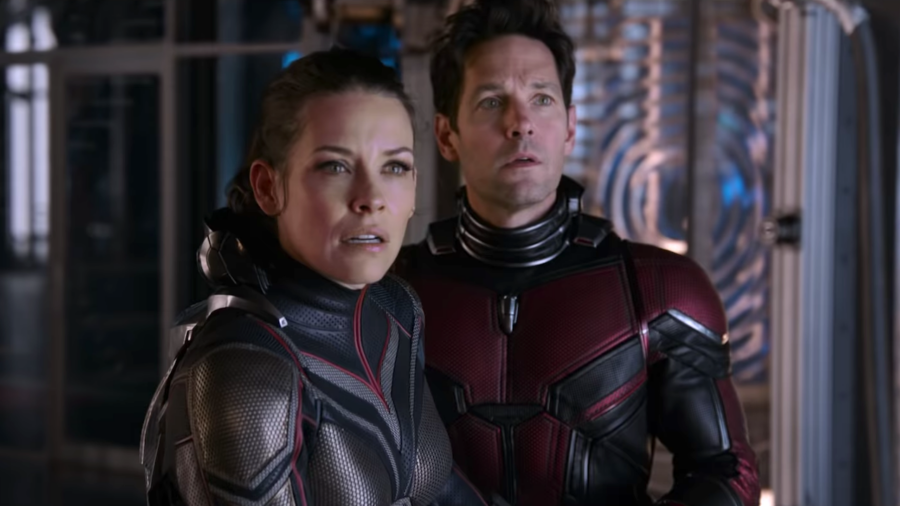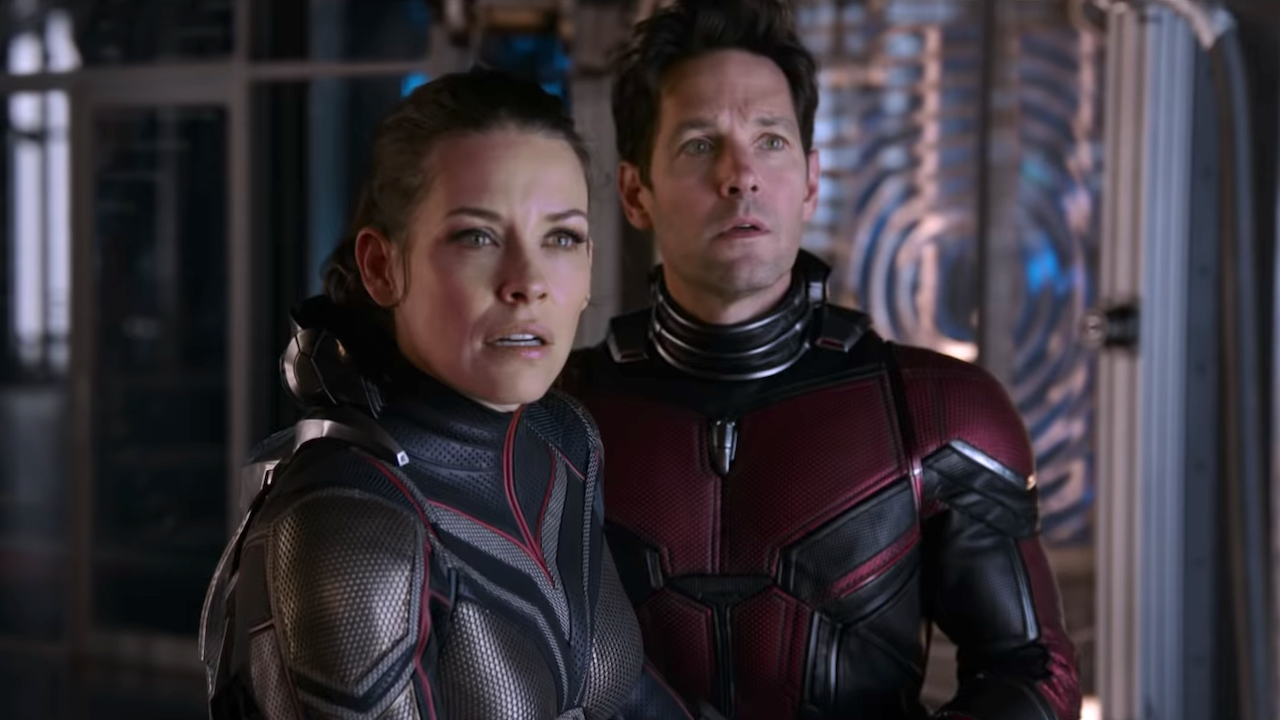By Brian Myers | Published

Financial disclosures released by Disney recently revealed that the mega-corporation’s total spending on the latest Ant-Man movie exceeded the box office despite a staggering budget. Although at first glance it would seem that this turn of events could frustrate studio executives, the losses are greater than it seems. The company was able to take advantage of a financial incentive given to studios by the British government, which allowed it to make a net profit of less than US$90,000.
He didn’t lose any money

Ant-Man and the Wasp: Quantumania debuted last February and was far from the box office success that others before it in the Marvel Cinematic Universe proved to be, weighed down by the immense budget, an underwhelming villain, and a VFX scandal. The film managed to bring in just over $476 million in ticket sales, of which the Disney production studio was entitled to half. However, when considering the cost of making the film, this reduction meant that Mickey Mouse and company faced a loss of $92.05 million.
Typically, a movie studio masks its profits and losses with the overall budget that includes its other films. Being able to avoid the nitty-gritty of a particular film’s budget makes every effort seem a little better, even when the studio might be clinging to a box office bomb. The studio’s decision to film in England meant two separate things for the company: full legal disclosure of its overall budget as required by British law AND a cash refund.
Saved by a UK tax credit
When it chose to shoot the latest Ant-Man movie in the country, Disney was forced to file financial statements with information including everything from material costs to salary contributions for each staff member. These financial documents show that Disney received $327 million in revenue plus an additional $2.8 million in miscellaneous revenue. The total cost is $388 million, resulting in a pre-tax loss of more than $58 million.
But the tax credit granted to studios by Great Britain allowed the Ant-Man studio to make a small profit. The government reimbursed Disney for up to 25.5% of what it actually spent in the country, resulting in a credit of $58,281,661. By the time analysts reached the bottom line, the budget numbers reflected a net profit of $88,236 for Disney.
Government demands transparency

To qualify for reimbursement, a minimum of 10 per cent of the total production cost had to be spent in the UK. Movie studios will set up additional film production companies inside the country to be able to present financial results. This separate company is to be “responsible for pre-production, principal photography and post-production,” as well as the final edited version delivered.
This reimbursement can be quite heavy, the British government requires any studio wishing to benefit from the tax credit to present all their cards. Whether it’s a big company like Disney Shooting Ant Man sequels or small studios shooting an independent feature film, the budgetary rules apply to everyone, at all levels. A film that turns a profit gets a refund in the form of a credit for taxes owed, while a failure gets a cash refund on the funds spent to make the film.
